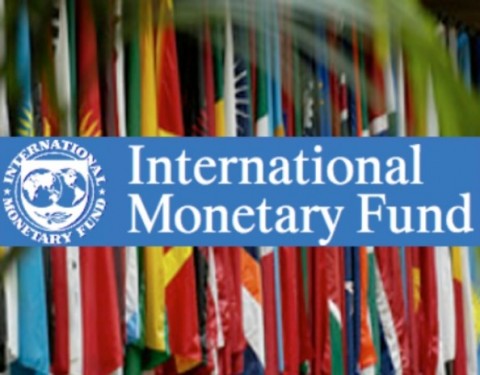IMF Tasks Benin Republic on Fiscal Policy Management
African News, Latest Headlines Friday, December 18th, 2015
By Eric Ojo, Abuja
BALTIMORE, MD (AFRICAN EXAMINER) – The Executive Board of the International Monetary Fund (IMF) has urged the Republic of Benin, to take measures that will further improve fiscal policy management and implementation of structural reforms to enhance the business environment and foster greater diversification of the country’s economy.
The IMF Board also called for further improvements in the business environment and the financial market infrastructure to strengthen the foundation for more diversified, private sector-led growth in Benin.
The Board noted that improvements to the business environment, together with timely payment of government obligations to banks and private companies, would help bring down high non-performing loans.
It therefore called for stronger supervision in view of loan concentration risks, and for action to improve oversight of the microfinance sector to preserve its role in facilitating access to financial services for low-income households.
The Board made this recommendation after concluding the Article IV consultation with Benin last week. It further observed that accelerating the establishment of a credit bureau and reforming property titles, would go a long way in improving financial inclusion and supporting private credit growth, while pressing ahead with judicial reform would facilitate contract enforcement and financial deepening.
It also expressed its support for the authorities’ efforts to undertake structural fiscal reforms and called for their timely implementation, adding that they are looking forward to continued efforts aimed at improving the quality and timeliness of economic data, in particular fiscal and external sector data.
The authorities’ prudent policies, which have contributed to a solid macroeconomic performance was also commended by the Board. It however, pointed out that higher, sustainable, and more inclusive growth is required to reduce poverty against the backdrop of a more challenging environment, including the economic slowdown in neighboring Nigeria.
“For the third consecutive year, Benin is expected to reach solid economic growth in 2015 at around 5 per cent, despite recent headwinds from the economic slowdown in Nigeria – Benin’s major trading partner”, the Board said in statement made available to African Examiner.
The Board, according to the statement, also expressed optimism that in 2016, increased public investment is expected to keep real Gross Domestic Product (GDP) growth at about 5½ per cent, with inflation to remain subdued.
The statement added that the medium-term outlook is also positive overall, but subject to significant risks, including a further slowdown in Nigeria and delays of structural reforms that could weaken growth dynamics.
It also disclosed that the Board agreed that the authorities’ plan to scale up infrastructure investment is well placed to strengthen growth, and that prudent fiscal policy in the past provides some space to finance higher investment, adding that low debt levels help accommodate the government’s ambitious plans to further scale up investment over the medium term.
“To implement investment plans for 2015 despite revenue shortfalls, the government has sharply increased the amount of bonds issued in the regional financial market to support higher investment spending prior to the February 2016 elections”, it added.
The statement also disclosed that the Board recommended a more gradual and prioritized approach to raising investment, adding that this would provide more time to further improve public financial management, which is crucial to ensure high-quality investments with a strong impact on economic growth.
“Directors also recommended caution regarding the sharp increase in domestic financing, stressing that the higher fiscal costs of such financing compared to concessional financing, as ]well as the associated macro-financial risks from sovereign-bank linkages, need to be closely monitored
“In view of rising debt to finance investment, they stressed that internal revenue mobilization, through a further deepening of customs and tax reforms, will be crucial to ensure fiscal sustainability over the medium term. Further improvements in debt management, including broadening the coverage to include the debt of state-owned enterprises, will also be important to monitor risks”, it further stressed.
Related Posts
Short URL: https://www.africanexaminer.com/?p=28723






















